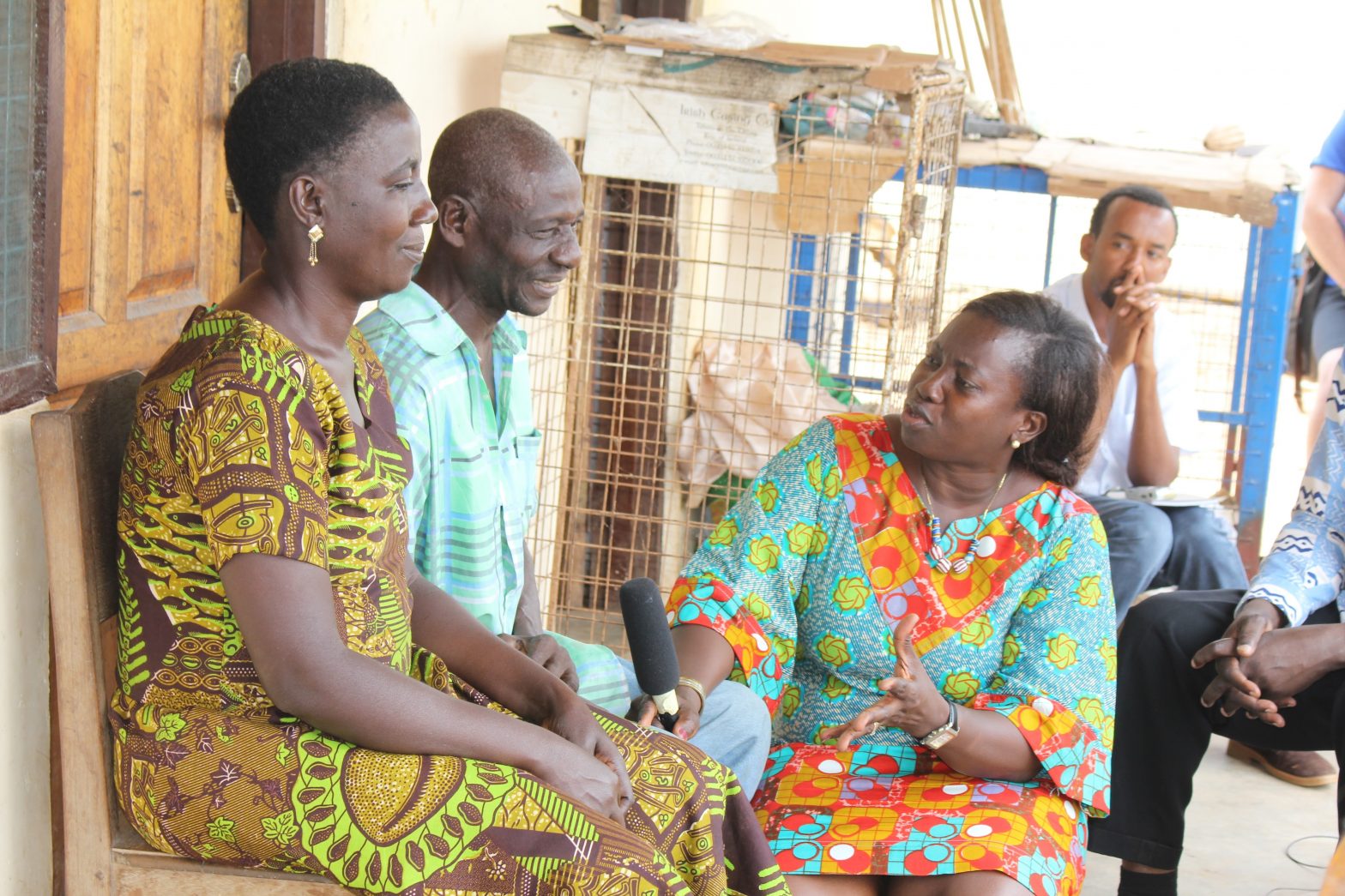Design is more important than affordability. Regarding? Well, arguably anything. But let’s consider social protection.
Let’s first about the fact that approximately 55% of the world’s population does not have full social protection (that’s about 4 billion people). Let’s also think about the reality that in developing contexts or developing countries, the percentage of national budgets allocated to local services is an average of 2% (versus an average of 50% in developing contexts or countries).
For a world where all persons have social protection, the cost exceeds affordability and design is key.
This was the theme of the recently completed 57th Commission on Social Development (CSocD): addressing inequalities and challenges to social inclusion through fiscal, wage and social protection policies. It provided important, complex dialogue between Member States, civil society and UN agencies with less than 11 years left to achieve the sustainable development goals (SDGs).
It was a Commission that automatically focused on integrated development approaches, policies and the scalable value of community led programming. From the perspective of the Movement for Community-led Development, this was a Commission that highlighted how the local level and community-led designs can fill the resourcing gap to fund much needed social protection.
During CSocD, the Movement dedicated time to this discussion in an event titled “Building Effective Social Accountability Mechanisms at the Local Level to Ensure Social Protection.” Featuring development experts from Church World Service, América Solidaria, and The Hunger Project, the session challenged attendees to explore what social protection needs to look like at the local level and how local persons can mobilize.
Mary Kate Costello of The Hunger Project stated that “social protection at the local level is a conversation of society’s responsibility, will and capacity – as much as it is that of the government and social security payment schemes within the formal work sector.” Regardless of local government services, there is a need for communities and community processes to be 1) inclusive, and; 2) transparent.
Using an example from The Hunger Project’s programming in India, Mary Kate discussed how community groups responsible for social security beneficiary lists reformed their processes to cross-check that persons deceased or no longer needing support were removed and replaced with “low caste” peoples. In Rajasthan, alongside the National Rural Employment Scheme, these beneficiary lists and criteria to qualify are literally painted on the side of the panchayat office for everyone to see.
Knowing your rights. This is a critical component to reach full coverage of social protection. How else can people hold their governments and communities accountable for their commitments and responsibilities? Beyond placing criteria for all to see and/or read [to one another], it duly prudent for civil society to conduct workshops on political rights. This is what América Solidaria carries out in Chile. They hold “know-your-rights training workshops” and also one-on-one legal consultations for employability. Through strong, dependable and fruitful employment, people can pursue their own social protection – regardless of government coverage for social protection.
Assessing what a community and its citizens already have is a crucial step in assessing gaps in social protection, a method that Church World Service (CWS) applies to its global programming. This needs-based assessments at the outset of programming has proven especially useful in cases of migrant assistance. CWS is able to not only determine what needs remain, but also what skills and drivers are present among migrant populations. This can help inform what leadership roles migrants can take in their new settlements, as well as build safe space for their voice and agency.
Andrew Fuys, Senior Director of Global Migration for CWS, discussed the important role of faith leaders in building persons’ voice to ensure their social protection. Faith leaders are often key leaders in local communities, and migrant persons in developing contexts – never mind most people in developing contexts – are persons of faith. In helping to establish “voice allies” between faith leaders and migrant persons, CWS can help to identify joint action toward inclusive social protection.
Fostering voice allies. Building rights awareness. Ensuring transparency of processes. These are key elements of mobilizing social accountability mechanisms for inclusive social protection. This design prevails affordability, especially at the local level.


